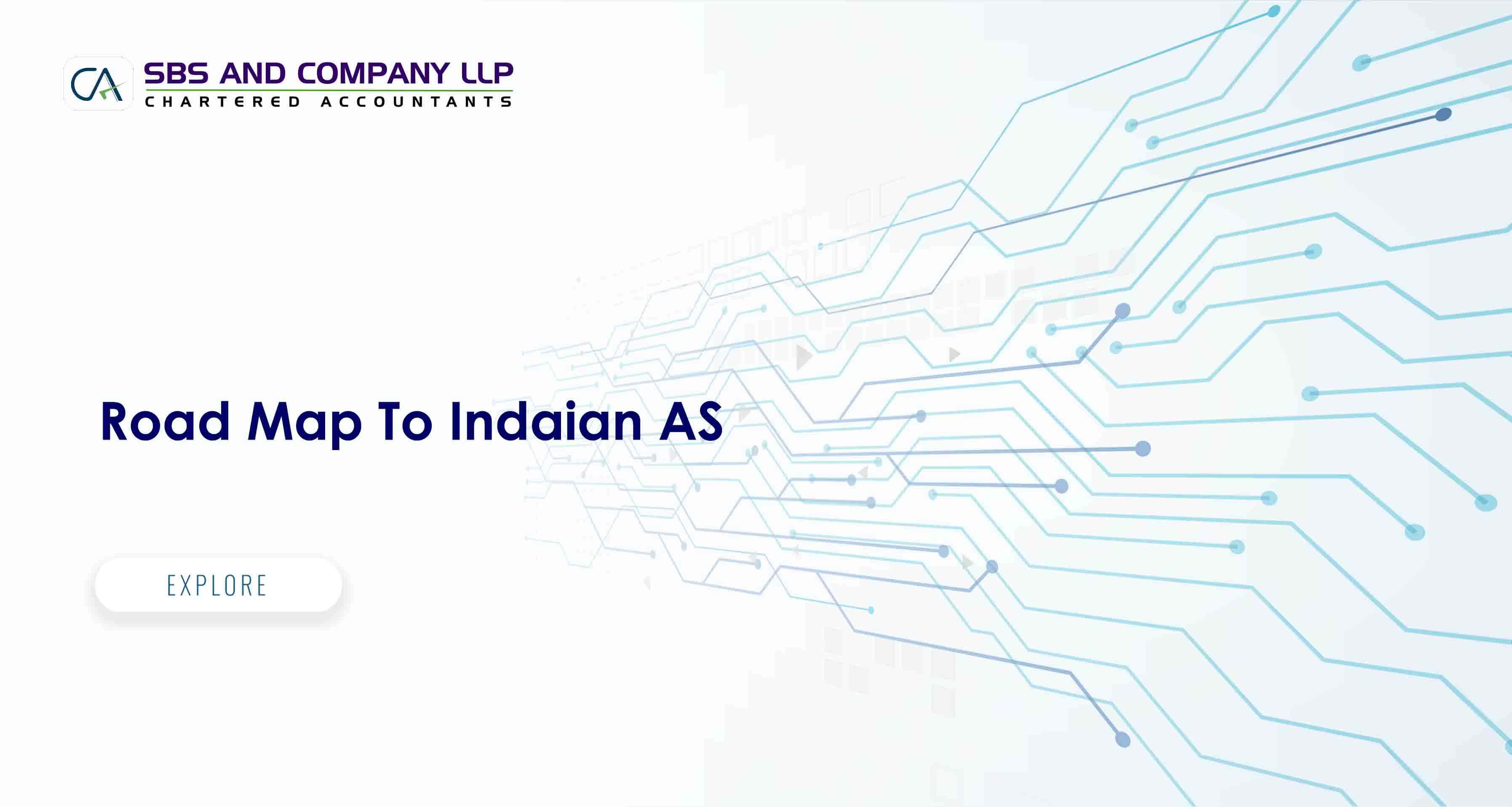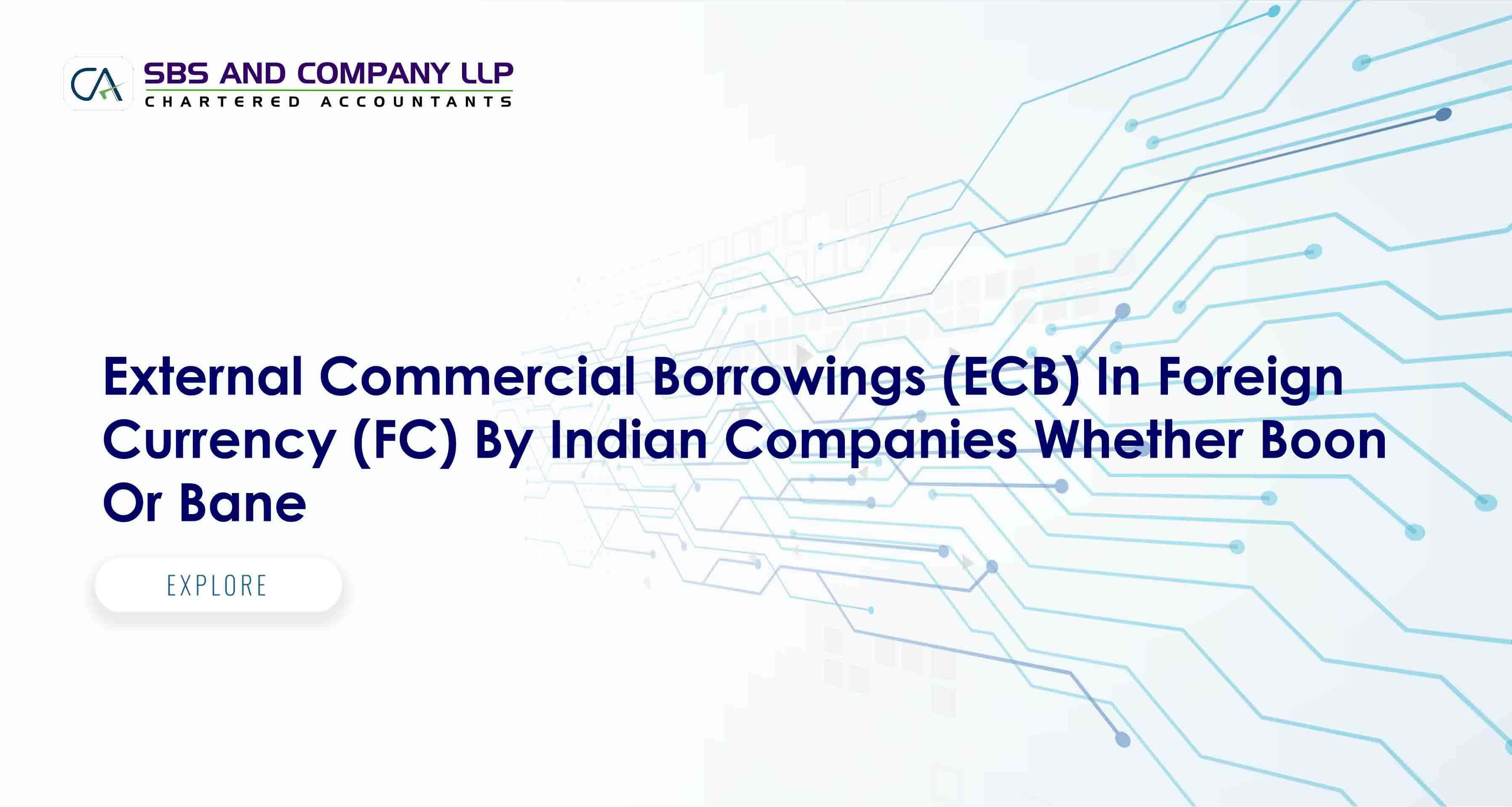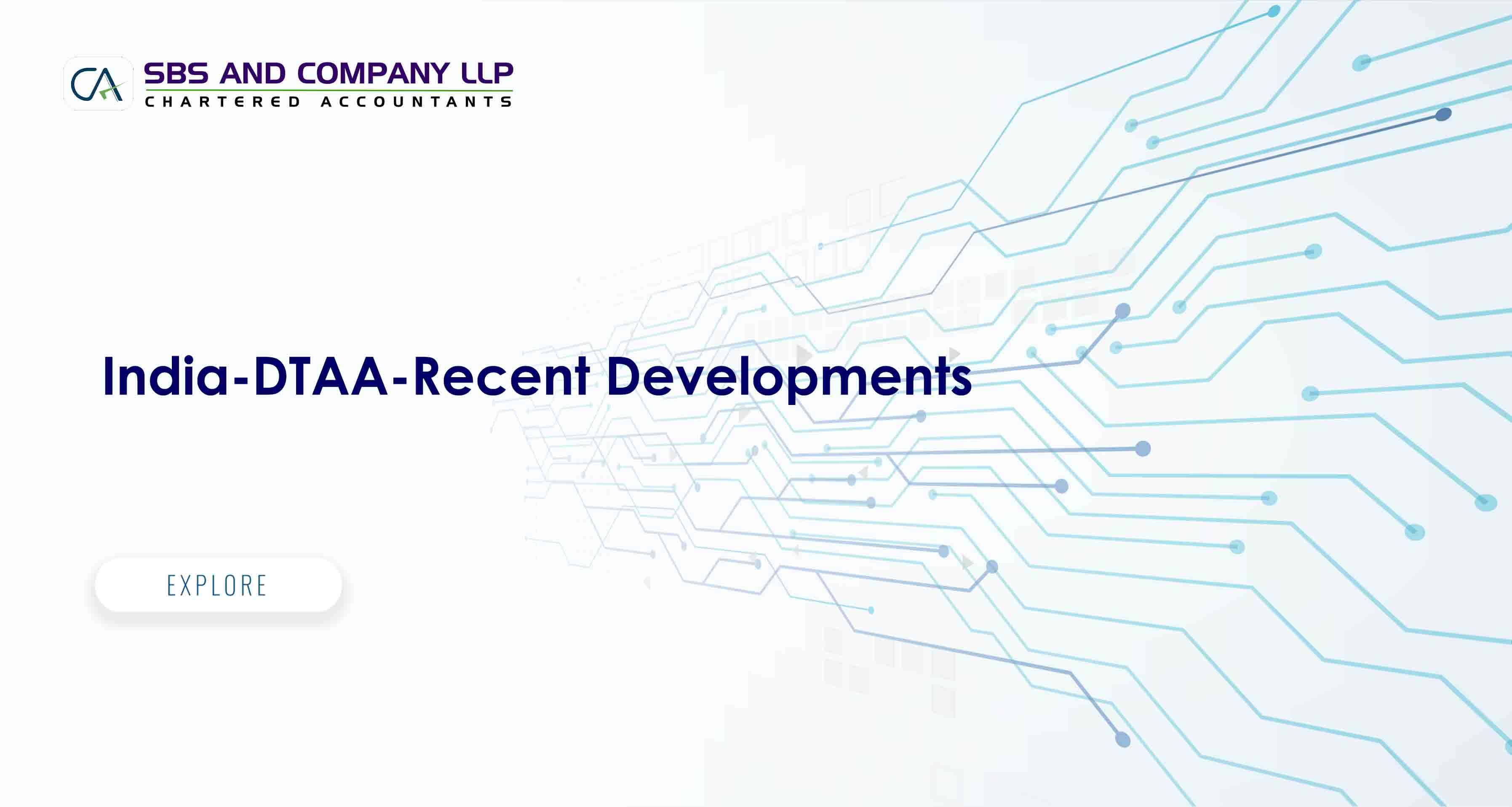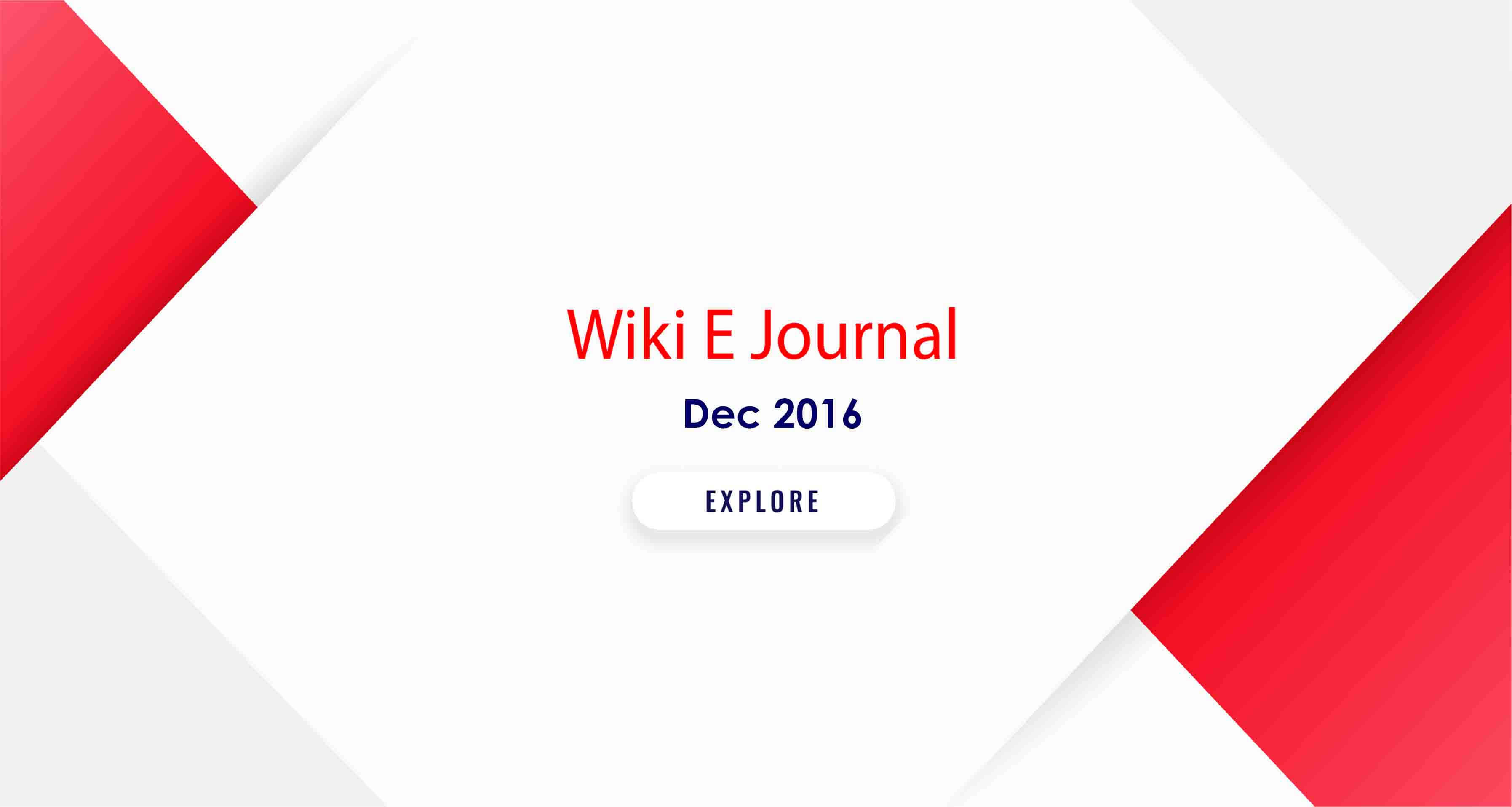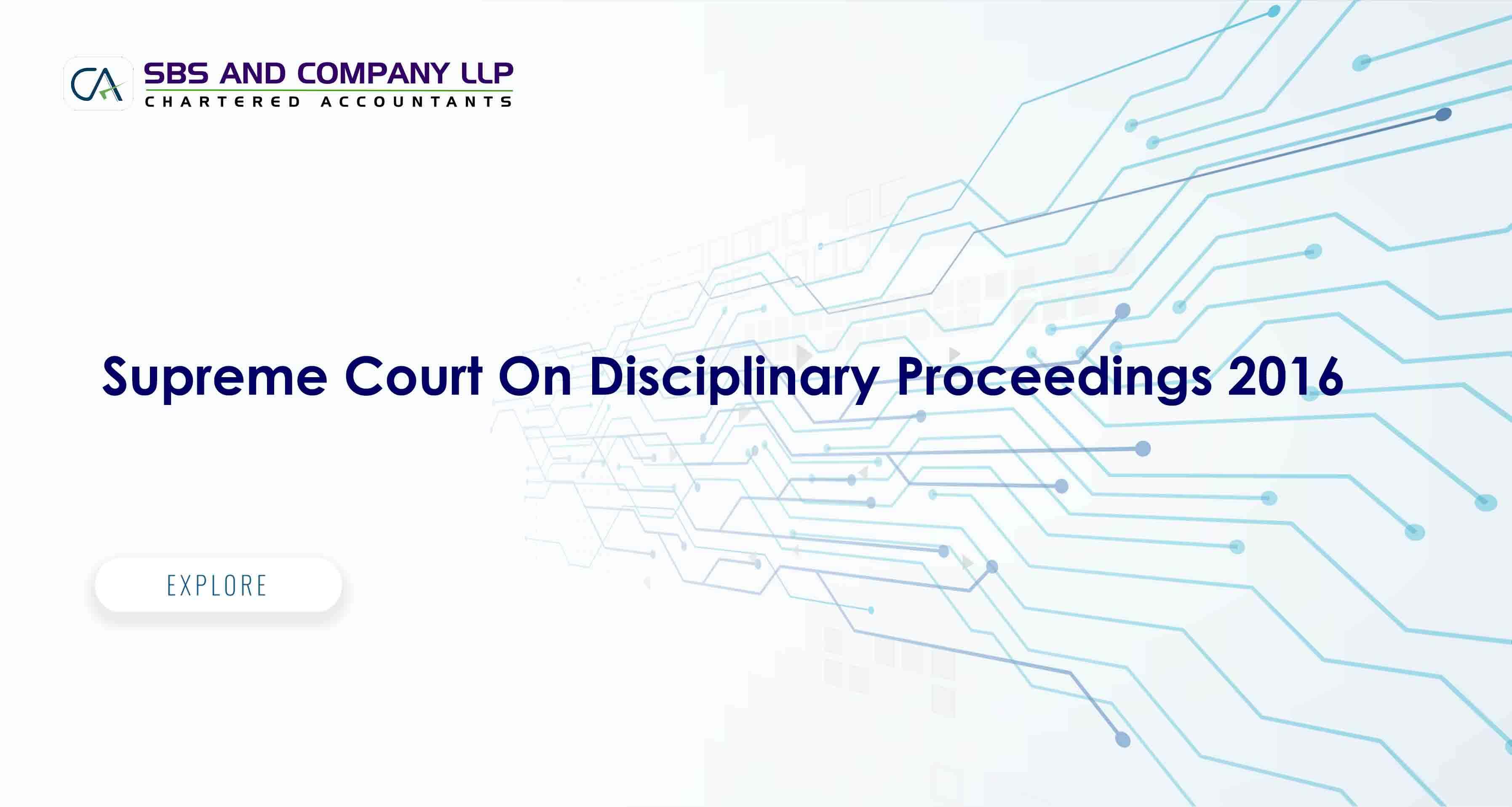Presently, the Institute of Chartered Accountants of India (ICAI) has issued 39 Indian Accounting Standards (Ind AS) which have been notified under the Companies (Indian Accounting Standards) Rules, 2015 (“Ind AS Rules”), of the Companies Act, 2013. The Rule specifies the Indian Accounting Standards (Ind AS) applicable to certainclass of companies and set out the dates of applicability.
India has chosen a path of International Financial Reporting Standards (IFRS) convergence rather than adoption. Hence, Ind AS is primarily based on the IFRS issued by the International Accounting Standards Board (IASB).
Applicability of Ind AS As per the notification released by the Ministry of Corporate Affairs (MCA) on 16


